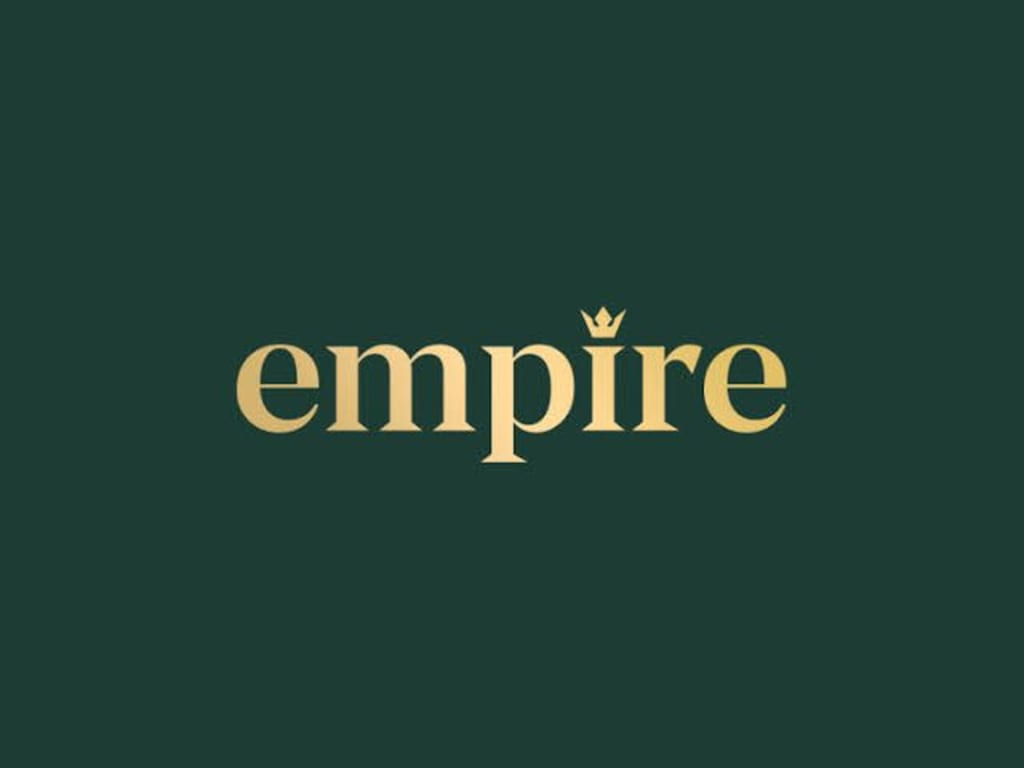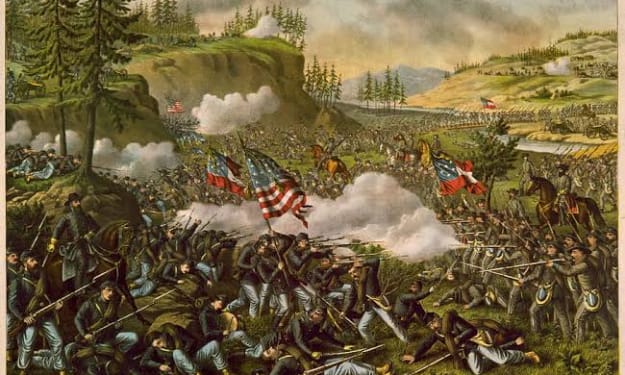
Empires were a part of human history for millennia. Are they, of necessity, a awful component?
Being a part of the Aztec federation was not without its advantages
Stereotyping ‘empire’ as ‘true’ or ‘bad’ isn't simplest deeply mistaken and ahistorical however additionally misses the fact that a huge variety of kinds of states are bundled beneath this heading. The ‘Aztec empire’, for instance, wasn’t honestly an empire within the feel this is regularly imagined: it became a cluster of allied and problem states, certain collectively in a community of energy and tribute relationships. Whilst Cortés arrived in Mexico in 1519, he believed that the Aztecs of Tenochtitlan ruled an ‘empire’. The reality became lots extra risky and complicated.
Moctezuma II become the Huey tlatoani (first-rate speaker) of what we name the ‘Triple Alliance’ of Tenochtitlan, Texcoco, and Tlacopan: three towns that dominated tons of central Mexico. Moctezuma turned into no longer the simplest tlatoani within the area – there had been many others, all with their very own territory. Every town became part of a complicated pyramid of obligation, which become expressed through giving tribute – grain, cotton, luxury goods like warrior costumes, and even sacrificial victims – to their overlords. It was comparable to ‘hegemonic’ empires, where power is more vital than territory. The Aztecs were more interested in extracting wealth than deep manipulation and ‘imperial’ relationships shifted continuously, every so often thru conflict and violence and at other times thru alliance and cooperation.
The Aztecs used their ambitious warriors to upward thrust through the ranks – however, they only made it to the pinnacle of the pile in the mid-15th century. Being part of the Aztec federation had benefits: as a citizen of the empire, you received safety, get right of entry to communal grain shops and land, and the right to attract to the imperial courts for justice, or even your very own resources of tribute. (Privileges varied relying on your willingness to simply accept Aztec rule.) This loose network turned into the purpose that the ‘empire’ broke down whilst the Spanish arrived, as member states looked for more nice alliances. However, become it exact or bad? For Aztecs, that relies upon how high up the food chain you had been. From a historian’s point of view, it's by far neither, handiest an indication that our ideas of empire are frequently too reductive to allow nuanced expertise.
Suspicion of earthly greatness turned into fundamental to the subculture exported through Europeans
Tom Holland, author of Dynasty: the rise and Fall of the Residence of Caesar (Little, Brown, 2016)
Imperialism depends on self-belief. While Sargon of Akkad, inside the 1/3 millennium BC, blazed a trail for empire, he did so satisfied that he had the backing of the gods: his call meant ‘the valid king’. Conquerors who followed in his wake always upheld a comparable conviction. Pharaohs dominated as sellers of ma’at; Chinese emperors claimed the Mandate of Heaven; Persian kings recognized their rule with the order of the cosmos. ‘You who shall be king hereafter, be firmly on your guard against the Lie.’ So Darius the superb told his successors. To defy him became to defy truth itself.
Within the West, the most influential model of empire has been the Roman one. Like different successful imperial peoples, the Romans tended to see their sway as evidence of divine approval. In time, provincials could come to a percentage of this self-estimation. Inside the second-century advert, the rhetorician Aelius Aristides traveled from his home in what is now Turkey to Rome to supply a lecture. Once, before Rome had embarked on its worldwide assignment, he declared, existence was ‘little special from living on a mountainside’. Now, way to Roman rule, the world became packed with towns ‘radiant with grace and splendor’. Even amid what had as soon as been barbarous wildernesses, there have been ‘gymnasia and fountains, gateways and temples, brilliant handicrafts and colleges’.
This, mutatis mutandis, become the justification for the empire that contemporary European imperialists – the Spanish, the British, and the French – preferred to set up. But there was a seizure. No people in antiquity could ever have succeeded in winning an empire had they doubted their license to slaughter and enslave the vanquished, but Christians couldn't be so harmless in their cruelty. The image of a God tortured to death through an imperial power lay on the coronary heart in their religion. Suspicion of earthly greatness become an essential element of the tradition that European conquerors exported to the rest of the sector. The maximum unique legacy of European imperialism was additionally it's maximum paradoxical: the doubt that empire can ever be justified.
Africa’s enjoy of the empire was of an alliance of African and European elites
Toby inexperienced, creator of A Fistful of Shells: West Africa from the upward thrust of the Slave Exchange to the Age of Revolution (Allen Lane, 2019)
Empires excel at producing an amount: of human beings transferring (by pressure or now not), increasing populations, increasing manufacturing and consumption, and growing strains on ecosystems. That makes them accurate for statisticians, economists, and those who degree reality by means of spreadsheets. However human enjoyment isn't measurable by means of a spreadsheet, and there may be no quantifiable ‘balance sheet’ for empires.
Like all empires, Africa sought control over assets, alternate routes, and people. The West African empires of Mali and Songhay controlled the gold exchange and multiplied through conquest and while Songhay usurped Mali’s power in the fifteenth century, it did so by using taking manipulate of trans-Saharan trade routes; in the meantime, the Omani empire at the Swahili Coast from the seventeenth to 19th centuries managed manufacturing on the spice islands and the dhow buying and selling routes.
Whether the revel in of this was ‘terrible’ trust who you had been. For Islamic theologians, itinerant preachers, and investors, the empires of Mali and Songhay have been beneficial. The stream of books, students, and items accelerated. Alongside this went the developing artisanal manufacturing, so craftsmen also won. But for challenged and conquered populations, the capability to be enslaved created insecurity. Empires feed inequalities and rely on coerced labor to accomplish that. As Claude Meillassoux, placed it: ‘The surge of philosophical or political thought in historical Greece or Rome is partially attributed to the leisure time slavery made to be had to the ruling instructions.’
Eu empires in Africa also fought to manipulate human and fabric assets, first through slavery, after which through forced labor. They no longer introduce those paradigms to Africa but converted current institutions. Whether for the duration of the Atlantic slave alternate, the Scramble for Africa, or the bloodless war, the African revel depended on the social role: elite gatekeepers of human beings and resources ought to make bigger status, whilst difficult populations had been impoverished. As the Guyanese historian Walter Rodney wrote, the African revel in the empire became of the alliance of African and EU elites on the price of the African poor.
Subjective and arbitrary notions of ‘properly’ or ‘horrific’ are inadequate as analytical categories
Kim Wagner, Senior Lecturer in British Imperial History at Queen Mary, college of London
This is in many ways a silly question and one that no serious historian would ever pose. The look at the past does not in reality encompass trawling via history and meting out labels of either ‘top’ or ‘awful’ – and the category of ‘empires’ is at any rate so sizable and sundry that any sweeping assertions would on this regard be meaningless. These days, the notion that history can be reduced to a moral binary is most usually seen in public debates regarding the British Empire. But, even supposing we slender it down, the British Empire at the time when the first colonies in us have been hooked up is infrequently the same as the British Empire at its apex, when Kipling penned ‘The White Man’s Burden’ to manual us as an imperial strength of its own.
Judging records mostly in ethical terms permits for precise narratives to be formulated – that the British Empire changed into on balance ‘exact’ due to the abolition of slavery, for instance. Yet this statement of ‘right’ is based on a few forms of ahistorical calculation according to which the centuries of slavery before its abolition are basically wiped from the ‘stability sheet’ even as the subsequent destiny of freed slaves as indentured laborers is successfully forgotten.
That doesn't suggest that the abolition of slavery changed into ‘horrific’, however as a substitute, these labels are altogether useless if our intention is to truly understand the past and understand its continuing legacies. Or take something just like the Amritsar massacre of 1919, so often highlighted for example of a colonial atrocity that was for sure ‘awful’. That label, however, does not do anything to assist us to understand why the event befell the way it did, nor how it turned into justified or criticized at the time.
Not handiest are subjective and arbitrary notions of ‘good’ or ‘bad’ inadequate as analytical categories, they actively avoid a more complicated engagement with the beyond. In preference to a significant query in and of itself, what needs to be interrogated is the perceived want to connect simplistic and ahistorical labels to ancient activities and systems.





Comments
There are no comments for this story
Be the first to respond and start the conversation.